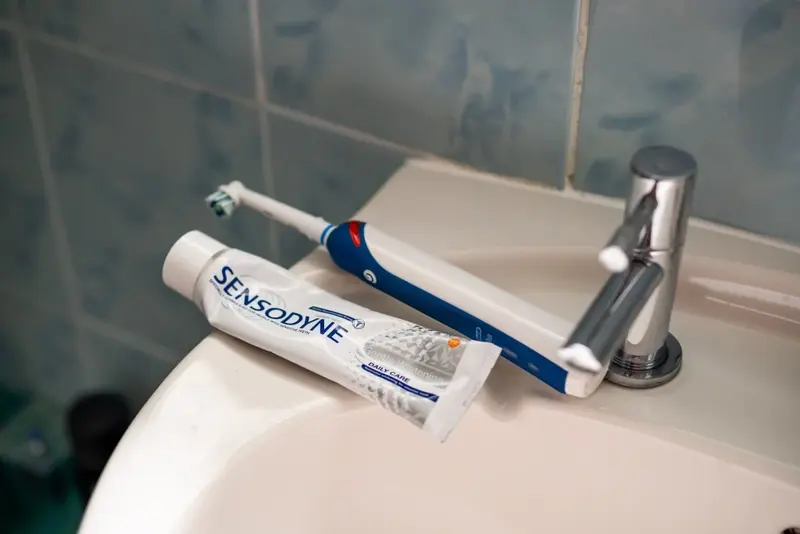
Shares in packaged consumer goods goliath Unilever (ULVR) tumbled 7% to £36.67 on Monday as investors delivered their verdict on its bold bids for GlaxoSmithKline’s (GSK) majority-controlled consumer healthcare unit, a joint venture with Pfizer that includes the Sensodyne, Nicorette and Panadol brands.
Following GlaxoSmithKline’s rejection of three ‘unsolicited’ offers for the business, the most recent pitched at £50 billion, Unilever pulled forward an update in which it outlined plans to overhaul its strategy to concentrate more on faster growing health, beauty and hygiene products.
The ambitious approach comes as Dove soap, Marmite and Magnum ice cream maker Unilever looks to renew momentum after a period of subdued sales growth under the leadership of chief executive Alan Jope.
News of the potential consumer healthcare megadeal broke days after high-profile investor Terry Smith argued Unilever had ‘lost the plot’ and ‘seems to be labouring under the weight of a management which is obsessed with publicly displaying sustainability credentials at the expense of focusing on the fundamentals of the business’.
WILL UNILEVER OVERPAY?
Unilever’s share price slide probably reflects investors’ concerns the company will come back with a higher offer and potentially overpay for GlaxoSmithKline’s consumer health unit.
In contrast, shares in GlaxoSmithKline were the FTSE 100’s biggest risers, bid up 5% to £17.23 as Unilever’s actions effectively fired the starting gun for a bidding war for the consumer goods unit. The likes of Nestle and private equity could be among the bidders.
Drugs giant GlaxoSmithKline insisted Unilever’s bids ‘fundamentally undervalued’ the consumer health division and it remains focused on its plans for a demerger of the business.
As for Unilever, it believes buying GSK’s consumer health arm would be ‘an attractive and synergistic combination for the shareholders of Unilever, which would also deliver value and certainty for the shareholders of GSK and Pfizer’.
Unilever added that an internal review had concluded that its future strategic direction lies in ‘materially expanding’ its presence in health, beauty and hygiene.
‘These categories offer higher rates of sustainable market growth, with significant opportunities to drive growth through investment and innovation, and by leveraging Unilever’s strong presence in emerging markets,’ insisted the Anglo-Dutch giant, adding that major acquisitions ‘should be accompanied by the accelerated divestment of intrinsically lower growth brands and businesses’.
Unilever argued that consumer health is ‘a highly complementary category’ for its business and a consumer healthcare acquisition would create scale and ‘a growth platform for the combined portfolio in the US, China, and India, with further opportunities in other emerging markets’.
THE EXPERT’S VIEW
Russ Mould, investment director at AJ Bell, commented: ‘Unilever looks to be bidding for the unit because it needs to inject some excitement into its business, having recently disappointed with sales and profit margins.
‘Unilever says its priority is to materially expand operations in health, beauty and hygiene. Might it be willing to sell its food and refreshment arm which includes Magnum ice cream and Hellmann’s mayonnaise?
‘It would certainly have to make some disposals if it were to buy the consumer goods arm from GlaxoSmithKline, but equally the food business is a cash cow so not something it would give up lightly.
‘Even proposing the sale of the food arm could kick up a major fuss with shareholders who would probably see it as one of the core pillars of the group.’
Disclaimer: The author and editor of this story both own shares in AJ Bell, owner and publisher of Shares





